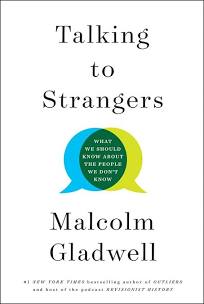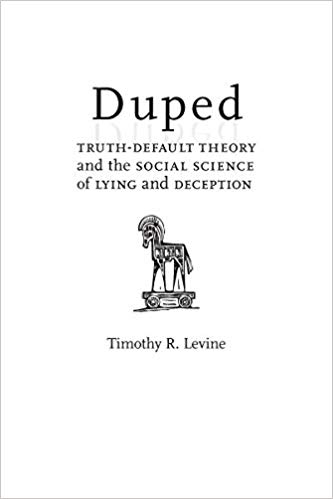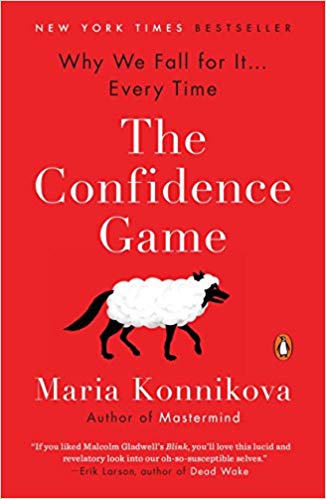
I’m going to interrupt my angry & snarky political ranting to make a few recommendations. First off: I’ve been reading Malcom Gladwell’s newest publication, Talking to Strangers. If you are reading this blog because you want to understand how you got caught in the cult trap, read this book.
In talking to ex-members, I’ve noticed a common pattern – many (though not all) report distinct emotional stages following their exit from destructive groups:
Stage 1: they feel as though they “failed”. They “didn’t try hard enough”, or ” have what it takes”. They must be “weak” and inferior to the members that remained.
Stage 2: time passes, in recovering cognitive abilities, they gain cult-free perspective, the group influence falls away. They view weird memories from a growing distance, slowly recognizing that maybe, just maybe, there was something wrong with the group, not them.
Stage 3: What follows? Shame at having trusted the untrustworthy alternates with anger at those who perpetrated the betrayal. In retrospect, hindsight being 20/20, the hustle is obvious.
Stage 4: they ask themselves, “How did I fall for that?”

Gladwell cites Tim Levine, a psychologist & author of the upcoming book, Duped: Truth-Default Theory and the Social Science of Lying and Deception. He says that, “How did I fall for that?” is the wrong question. “The right question is: were there enough red flags to push you over the threshold of belief? If there weren’t, then by defaulting to truth you were only being human.” (p.79)
“We fall out of trust-default mode only when the case against our initial assumption becomes definitive … We start by believing. And we stop believing only when our doubts and misgivings rise to the point where we can no longer explain them away.” (p.74)
“Belief is not the absence of doubt. You believe someone because you don’t have enough doubts about them … ” (p.78)
We are pack animals – our survival depends on our collaboration. By nature, trust is our default mode – mistrust comes only after one has gathered enough evidence. Yep, my experience corroborates – I decided to leave “school” only after a bout of insomnia & a solitary pre-dawn walk. I circled a soccer field, over, and over, and over, memories flooding me, reviewing evidence – things about “school” that didn’t sync up, claims that didn’t hang together – while worrying, would I ruin my life by “disconnecting from the source”??? Watching the sun –the source of all life– rising, suddenly made it clear: referring to “school” as “the source” was fucking ludicrous. That claim still makes me crack up.
Gladwell begins his book with stories about double agents who duped brilliant, intelligence, CIA officials. People who were trained extensively to recognize deception. Why? Because humans are wired to trust each other.
So stop beating yourself up and read this book. Let me know how it resonates, or doesn’t resonate, with your experience.

BTW, if you find Gladwell’s book helpful, Maria Konnikova’s book, The Confidence Game is another good one!
Amazing! I am listening to this book on tape and had much the same series of thoughts about “school” and the default to truth. Not done with the book yet and glad you have posted. Gladwell has a quirky mind that draws connections from info that is already out there. Just what I loved about being in “school” – when we were in our small groups, researching on topics that would sometimes become lectures – it is a real high to pull seemingly disparate things together into a larger picture. Lord knows how some of those conclusions were thrust upon us in the lecture writing by R to serve his own recruitment aims.
Hi Pocahontas, thanks for your comment! I am fascinated by the trust-default theory b/c it rings so true to my experiences – not just in “school”, but clearly illustrated by it. I not only needed an accumulation of evidence, but I needed a quiet space and time with my own thoughts to allow myself to recognize the evidence as red flags. “School” and all cults steal time, energy, focus and other things from their members. It gets more and more difficult to achieve personal clarity. But just a sliver of taking the time & space (a rebellious act) can be enough. I’m looking forward to reading Levine’s book, too. Hats off to you for recognizing the dog & pony show and leaving it behind! GSR